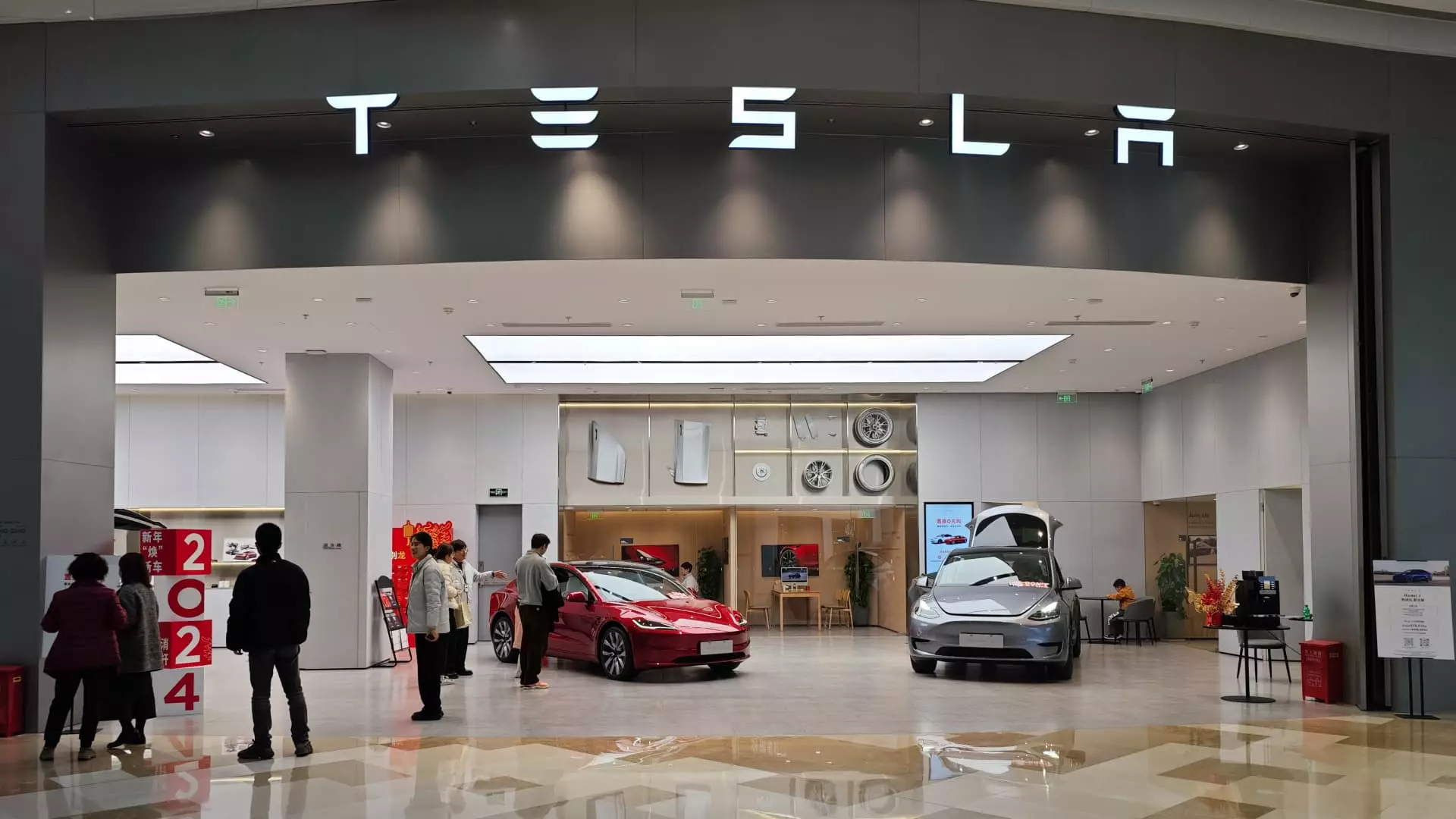The news of electric car giant Tesla’s progress in launching its advanced driver-assistance feature in China has captured the attention of investors. However, Mark Hawtin, the investment director at GAM Investment Management, has provided a critical view on the situation. According to Hawtin, the expectations surrounding Tesla’s Full Self Driving (FSD) service in China are misleading. He pointed out that while the service is often referred to as offering full autonomous driving capabilities, it actually only provides assisted-driver capability. This distinction is crucial in understanding the current state of Tesla’s technology.
Market Reaction and Expectations
Following the announcement of Tesla’s milestone in China, the company’s shares experienced a significant increase in value. The removal of restrictions on Tesla’s cars by Chinese authorities, along with the passing of data security requirements, led to positive expectations regarding the availability of FSD in China. As a result, Tesla’s stock rose by 6.7% in the last five trading days. However, it is essential to note that the surge in Tesla’s stock price may not be wholly justified based on the current capabilities of its FSD technology.
Tesla’s Full Self Driving service is an upgrade to its Autopilot driver assistant, but it does not enable full autonomous driving. The company offers “Level 2” driver-assistance systems under the FSD brand, which are not capable of completely autonomous operation. True autonomy, according to Hawtin, is still five to 10 years away for Tesla. Therefore, the perception of Tesla’s FSD as autonomous driving technology is inaccurate and contributes to the inflated expectations in the market.
While Tesla has made strides in expanding its presence in China, the competition in the autonomous driving sector is fierce. Companies like BYD, Huawei, Xpeng, Li Auto, and Xiaomi are also offering technologies capable of Level 2 autonomy. Tesla’s reported deal with China’s Baidu regarding access to its mapping service license may benefit Baidu more than Tesla in the short term. The collaboration with Baidu is a strategic move for Tesla to navigate the regulatory landscape in China, but it may not translate directly to a competitive advantage in the market.
Despite the positive news surrounding Tesla’s progress in introducing its FSD service in China, it is essential to maintain a critical perspective on the technology’s current capabilities. Tesla’s FSD is not yet at a level of true autonomy, and significant advancements are still needed to achieve that goal. Additionally, the competitive landscape in China poses challenges for Tesla, requiring strategic partnerships and technological advancements to stay ahead in the market. Investors and consumers alike should be cautious in their expectations of Tesla’s Full Self Driving service in China.

